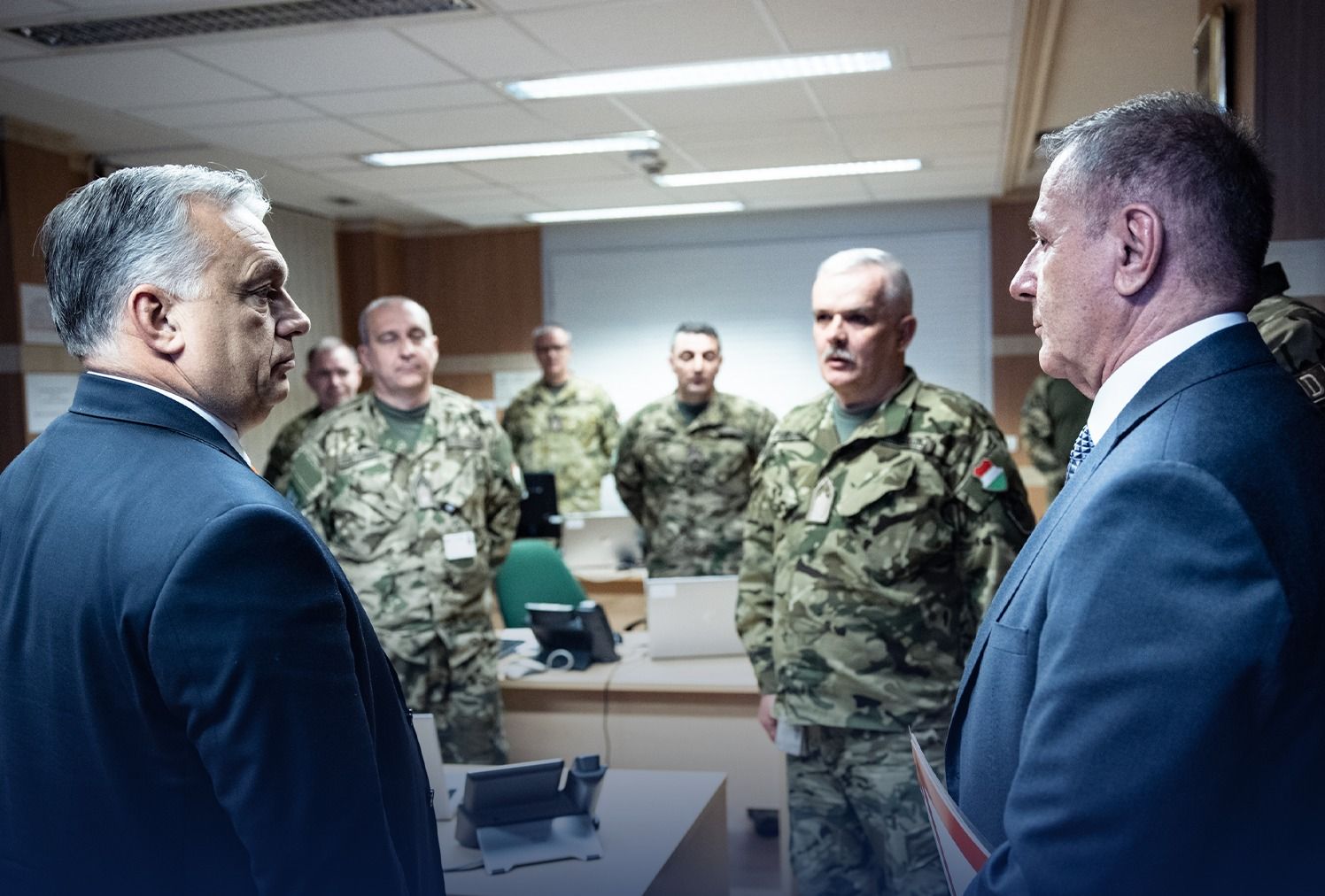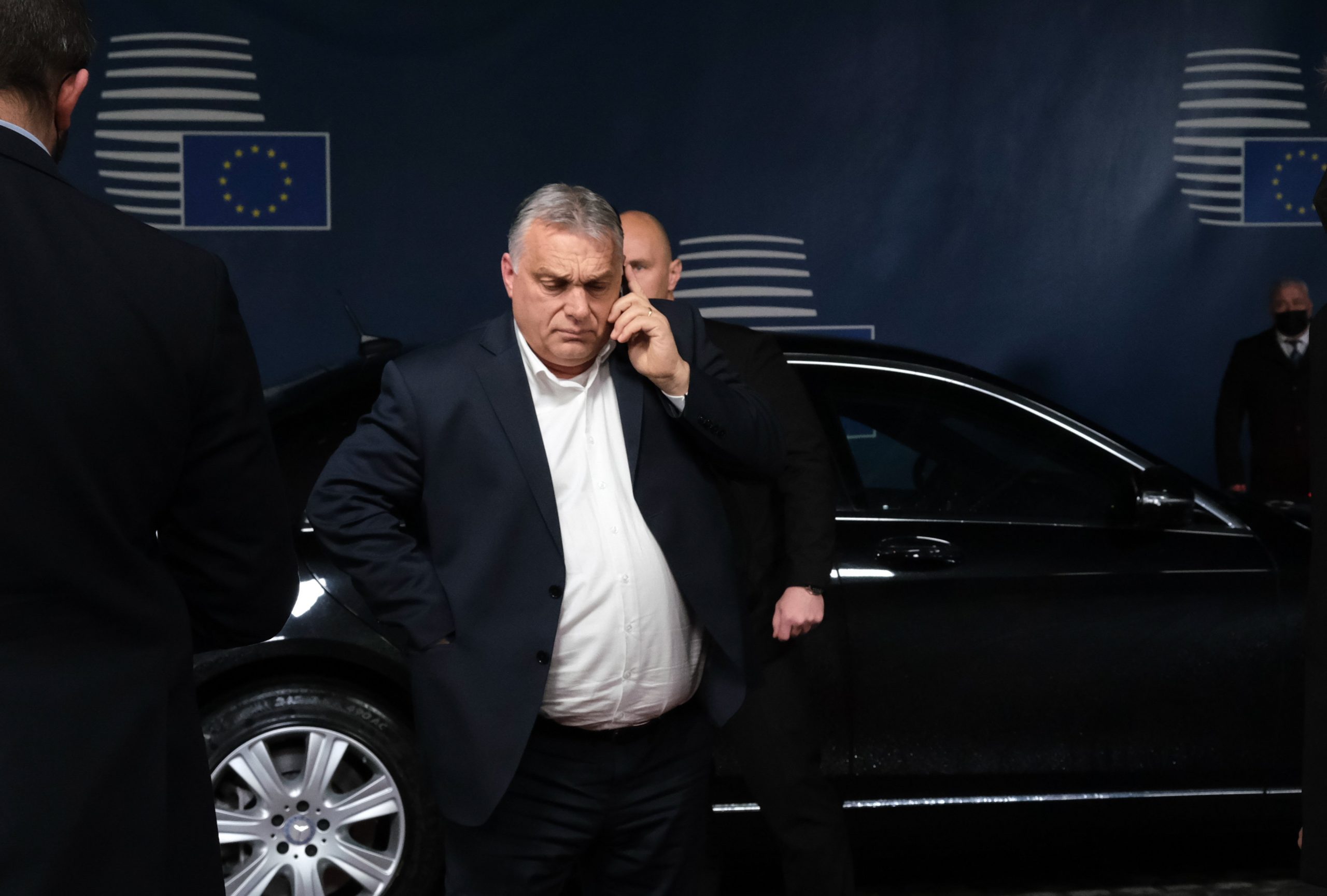
What matters most is Hungary's security, Orbán said on Wednesday.Continue reading

The summit of EU leaders ended at half-past two in the morning. Hungarian Prime Minister Viktor Orbán posted a video on his Facebook page right after the negotiations ended. Orbán stressed that everyone agreed that war is not a solution to a conflict situation. They jointly condemned Russia’s belligerent actions against Ukraine and decided to introduce sanctions.
This article was originally published on our sister-site, Ungarn Heute.
These sanctions do not affect the energy sector, so the energy supply of Hungary and other countries “is guaranteed” despite the sanctions. It was decided that more money should be spent on the security of Ukraine’s neighboring countries, including Hungary, and on the protection of the eastern border.
Orbán said they have agreed that a “responsible” attitude is necessary and that “hasty and irresponsible statements” only aggravate the situation and endanger the safety of the European population. According to Orbán, EU leaders at the summit agreed that war “cannot not be the answer” in any conflict situation.
We have issued a joint condemnation of Russia’s military action against Ukraine and decided on uniform sanctions.”
The prime minister underlined that
I made clear that we’ll stand up for Hungary’s national interests and won’t let anyone plunge Hungary into this war.”
Orbán noted that talks were continuing in the forum of NATO.
The EU heads of state and government agreed to another more extensive package of sanctions against Russia at the special summit on Thursday. This mainly affects the areas of energy, finance, and transport. It also affects visa policy and the sanctioning of other Russian individuals. Exclusion of Russia from the Swift banking communications network and export bans on natural gas, for example, are not included. Europe’s gas supply is currently continuous; according to the EU Commission, the Russian state-owned Gazprom supplies around 40 percent of the gas consumed in the EU.
EU leaders at the summit agreed that war “cannot be the answer” in any conflict situation.
Of the EU member states, Poland, Slovenia and Belgium have called for the toughest possible sanctions against Russia.
Belgian Federal Prime Minister Alexander De Croo, arriving at the meeting, said that “tough” sanctions against Moscow were needed and that the Russian leadership’s actions in the national context “must be made extremely difficult.”
Several EU leaders argued that the second EU sanctions package should also include Russia’s exclusion from the SWIFT global internet banking payment system, which is opposed by several member states, including Germany.
Upon his arrival, Slovenian Prime Minister Janez Janša said that in addition to sanctions against Russia, it was important for the European Union to aim for Ukraine’s early and full EU membership by 2030.
However, the Ukrainian president stated that Western sanctions against Russia are not enough, as evidenced by recent Russian attacks on Ukraine.
Featured photo by MTI/European Council